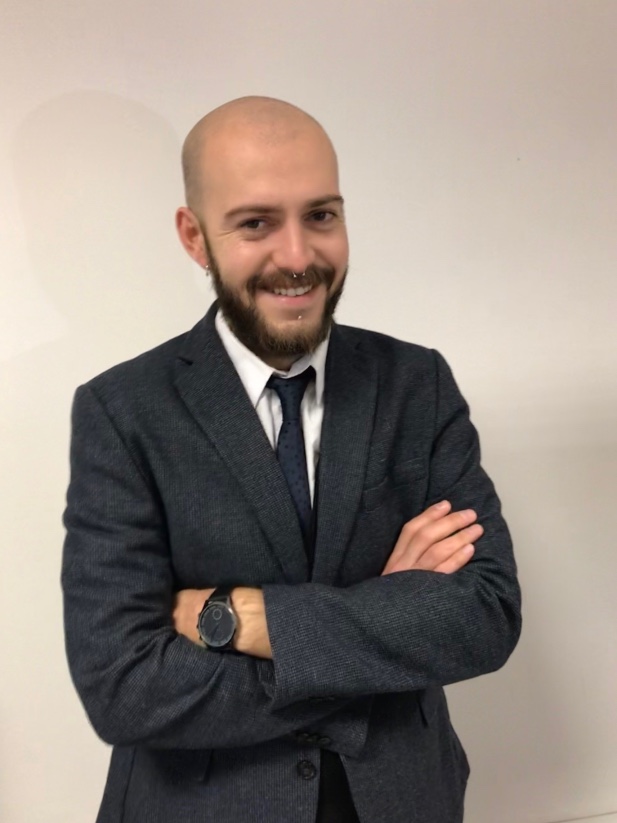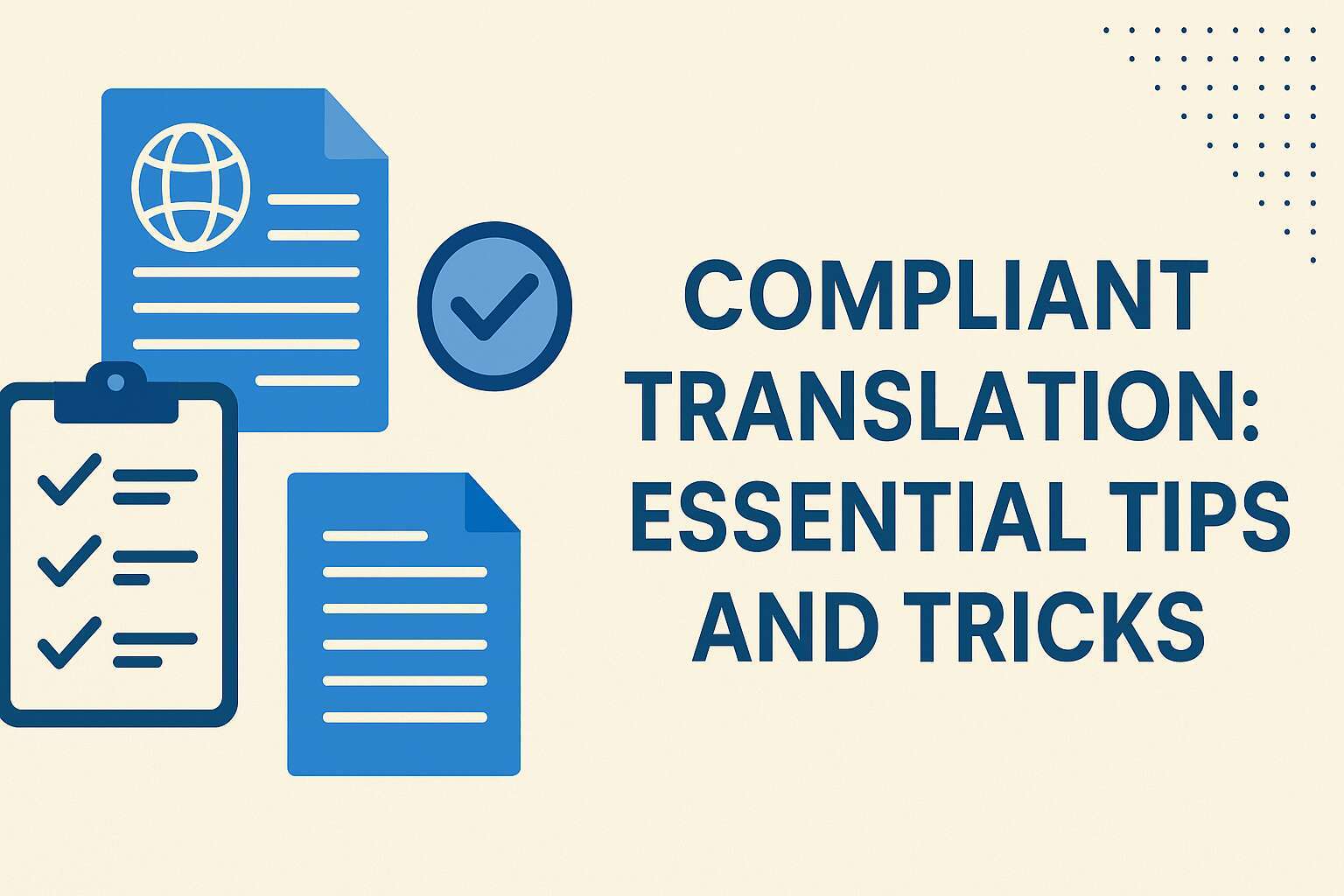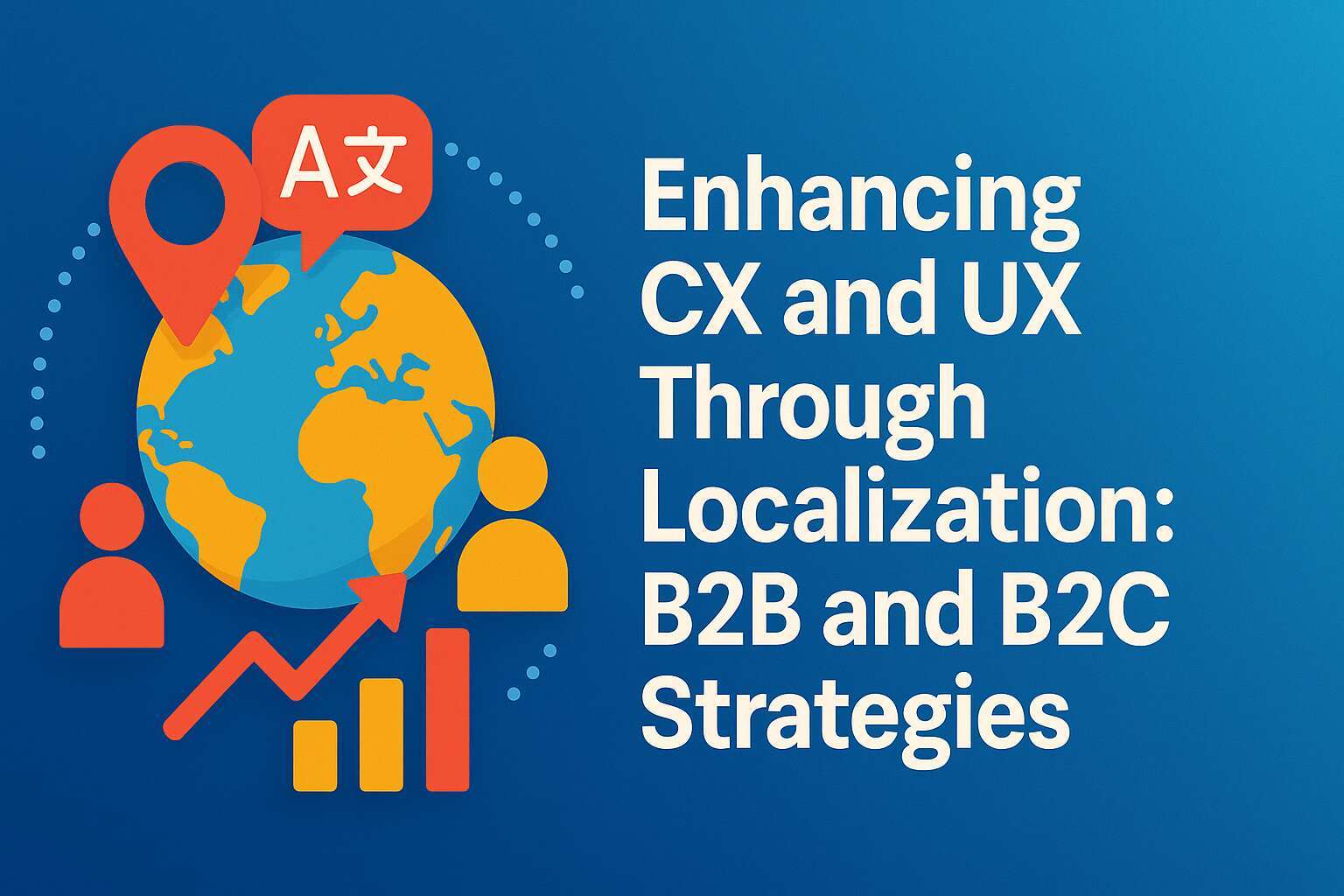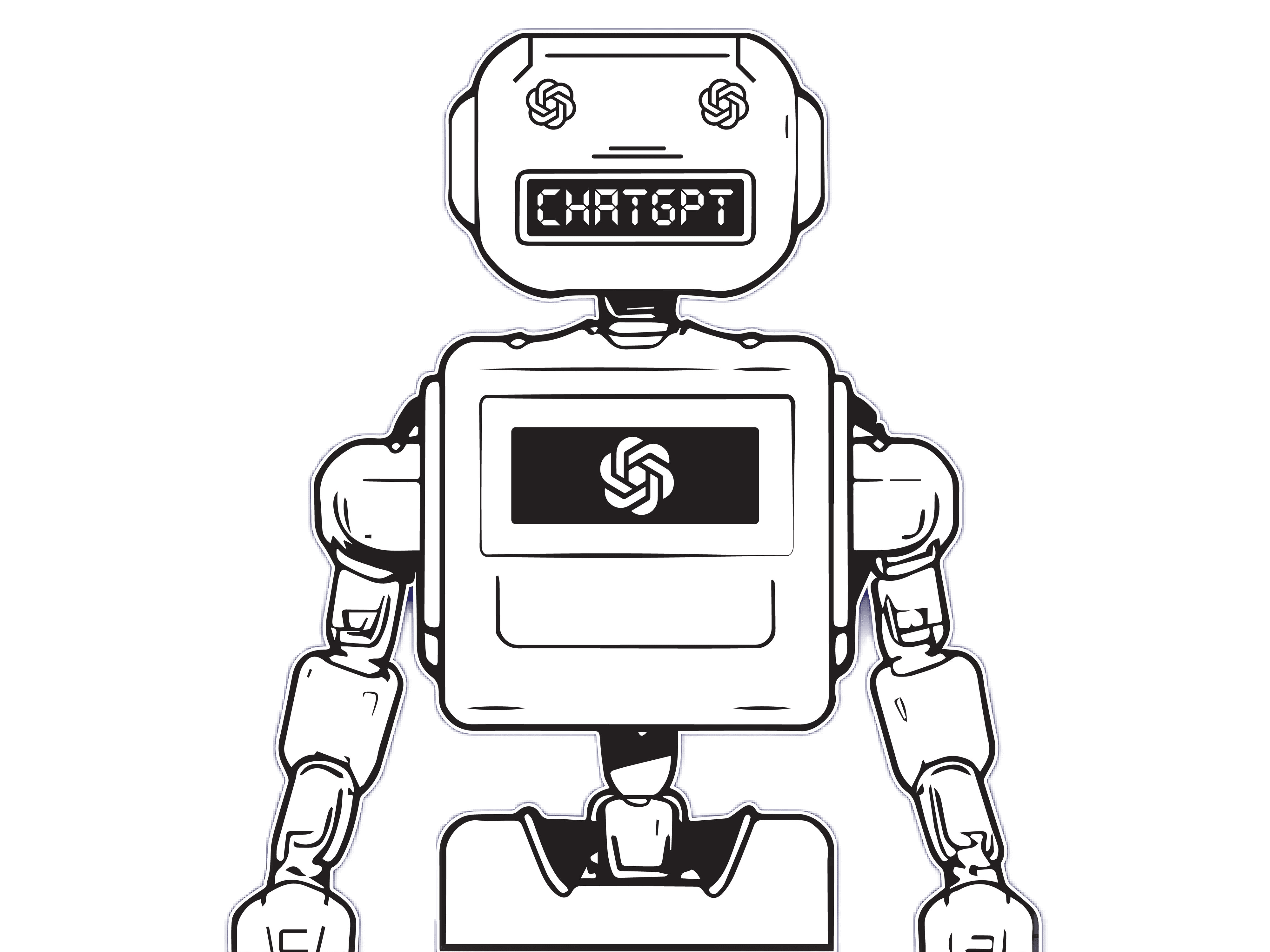Good morning Simon, today we will talk about translation in the web world, particularly within WordPress and WooCommerce. But first, we would like to know a bit about you. Who is Simon Karakulak?
I come from a blend of different cultures that have come together in my family. I am an Italian citizen, with a Dutch Caribbean father and a mother of Turkish origin. I am grateful to fate for this unique mix of cultures and languages, which blend into a rare melting pot. Undoubtedly, this has enriched my knowledge of the world, languages, and different cultures, fueled by my endless desire to study and learn more about (my) world. I graduated in Pedagogy and Foreign Languages Teaching, and now I am here at InnovaLang to contribute my part.
Before arriving at InnovaLang, did you have any other experiences related to the world of LSPs?
Growing up in a multilingual family, I have always been fascinated by foreign languages and their evolution and mutual contamination over the centuries, to the point of studying languages and their teaching. This has been the main factor in all my career choices. Before joining the InnovaLang family, I worked for a leading artificial intelligence company. My role was to perfect the pronunciation of Siri’s navigation instructions. This experience opened up a whole new and somewhat secret world to me, as an average user does not know and is not interested in how an artificial intelligence thinks, what voice-modelling is, and what countless processes lie behind a multilingual artificial intelligence. Besides having a lot of fun, I also learned to use many software programs used in this field.
Life then brought me to a new adventure: general IT! I started working in an IT helpdesk where I had various opportunities; I began as a helpdesk agent, was promoted to Subject Matter Expert, then Knowledge Manager, and finally became the Service Delivery Manager for the main multilingual client (50% of the turnover of a company with 300 employees). Great responsibilities and honor, and I believe I did a good job improving the service in all the languages and geographic areas I was responsible for: Canada, the whole of South America, North Africa, half of Europe, and part of the Middle East.
What is your role at InnovaLang?
InnovaLang has now become my second home, and just like in a family where we take care of a bit of everything, at InnovaLang, I handle a variety of tasks. Professionally speaking, I am a Project Manager and manage project flows, from the moment a new order arrives to its delivery. This requires a deep knowledge and careful selection of the professionals we collaborate with, as each project has specific characteristics that make it unique. It is not enough to just know the professionals of a particular language combination but also their strengths and weaknesses and the specific fields in which they provide services. Sometimes, the details are so specific that, for example, I need to find a collaborator who translates from English to Italian in the patent field and is specialized exclusively in textiles used in the healthcare sector. In short, maximum attention and knowledge are the secrets.
I also manage, with the help of the Management, two key projects for InnovaLang’s growth: the integration of our systems with WPML and PrestaShop. InnovaLang is a reality that loves challenges, is not discouraged by novelties, and I arrived just during the birth of these new ideas that inspired me from the beginning and were entrusted to my management. Therefore, I continuously interact with developers and stakeholders involved to develop what needs to be developed and integrate what needs to be integrated to ensure that InnovaLang is a protagonist not only in the fields where it is already competitive but also in the web sector where developers mainly use WPML systems for WordPress-based sites and PrestaShop for e-commerce.
How do you see the future of translation in the web world?
I see many opportunities. We are talking about a very broad concept: the web! It is such a vast ocean that it has something to offer even to the least tech-savvy citizen. Being a platform that gives anyone the possibility to be visible or reachable, to expose themselves, or even to exist – if we talk about entities that do not have a physical space to sell their products, physical or not – it is essential to think very carefully about how to present oneself on the web. Presentation is not everything, true, but making a good first impression is crucial. If we make an analogy with human beings in an international context… Who has the chance to present themselves better or have more audience? Someone who speaks only their language or someone who speaks three others in addition to their own?
The world is getting smaller, destinations are getting closer; the more we see, the more curious we become. Take the example of Japanese restaurants. Do you remember so many 20 years ago? I don’t think so. Now we have true enthusiasts of Japanese culture and objects. So we also have hundreds of websites that talk about Japanese culture or sell items from Japan.
Regarding globalization, we cannot ignore the movement of populations. Take the example of Amsterdam or Geneva. They are relatively small cities with an incredible concentration of cultural and linguistic diversity. Think of a website written only in Dutch or French; it reaches, of course, those who speak these languages, but it excludes millions of other people – or expats in the specific examples – who live in the same place but do not know the language in question. These latter will look for another site, written in a language they know, that offers them the same service or product. We cannot simply say that it doesn’t matter if those who do not know the language of our site do not become potential customers, because if we are on the web, we want to be visible and competitive.
What does InnovaLang’s partnership with WPML consist of, and why did you choose WPML?
WPML is a platform with many interesting aspects: it facilitates the management of a WordPress site through various plugins, combining them in one place; it makes site maintenance incredibly easy, offering developers the possibility to manage everything with a few simple steps; it makes site translation, which without WPML is a huge task, an almost trivial operation.
The decision behind choosing WPML is based on numbers and logic: we conducted many surveys to understand developers’ preferences and put ourselves in their shoes, observing that it is one of the most used platforms. Translation itself is not an easy job as it requires knowledge not only of the language but also of the culture, and translating a site is even more complicated due to how websites are built. As web users, we open a site and see the final result, but what we see is just the tip of the iceberg. Behind that visualization are pages and pages of codes functional to the site, and these codes are not visible, nor are the SEO components, which are there but simply hidden from our eyes. The fact that we don’t see them does not mean they don’t need translation: on the contrary, without translating these hidden components, translating only the visible web content will not bring us the visibility we desire. Indeed, WPML simplifies the extraction of all useful elements and components of the pages that a developer wants to translate, and it extracts them into a single zip file in seconds without facing hours of manual extractions.
Do you have any amusing anecdotes related to translating a website?
First of all, translation must be done by professionals, and at the same time, I admit to having done translations in the past simply because I knew the languages. A major Italian company in the mechanical engineering sector producing industrial metals had me translate its website just because I was a native speaker. I had no experience as a translator, knew no industrial materials nor the related terminology, yet they hired me for six months to translate it. Why? Probably to save money. Is it something I approve of? Absolutely not. But after many years, I look back and simply smile. If we want to fix our teeth, we go to the dentist, not to the hospital bar manager. Let’s make good choices and leave translation to professionals who dedicate years to studying and practicing the craft.
I will end with an anecdote I will never forget. I was touring Southeast Asia and entered a local website to buy a plane ticket for the next leg of my journey. I noticed the Italian flag and clicked on it out of curiosity. The page title was: “WE WILL CUT YOUR LEGS OFF!” The English version did not report anything similar, and to this day, I still wonder what they meant.
Thank you very much, Simon!
Simon Karakulak’s LinkedIn profile here.






